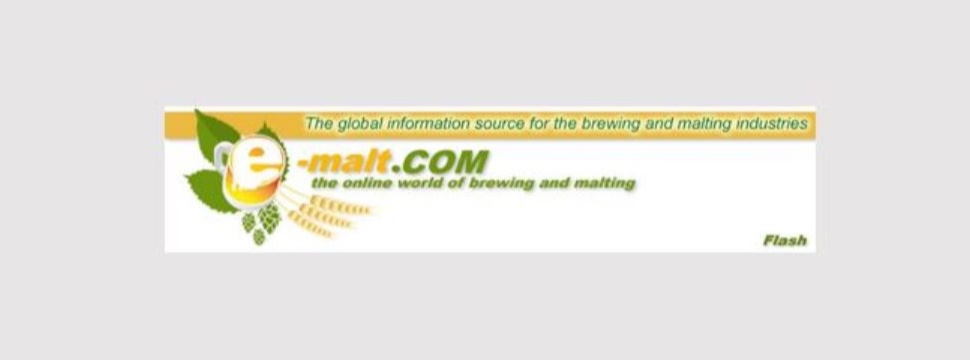UK: Value at rare whiskies at auctions records steepest fall in a decade
News General news
The value of rare whiskies sold at auction has recorded the steepest fall in a decade other than during the pandemic, indicating that softening demand for luxury items is spreading to an asset class previously seen as a haven from volatile markets, the Financial Times reported on November 27.

Investment bank Noble & Co said analysis based on about 8,500 transactions of “fine and rare” single malts, defined as whiskies selling for more than £1,000 per 700ml or 750ml bottle, showed a 7 per cent drop to £27mn in the 12 months to September compared with the previous year.
The decline follows a 19 per cent increase the previous year, suggesting that premium whisky’s “almost unblemished” status among the best-performing alternative investments was declining.
Edinburgh-based Noble & Co said the fall in the transaction value was the first “major drop” since 2012 — excluding a 51 per cent fall during the Covid-19 lockdown in 2020. Prices at auction fell despite the number of bottles being sold increasing by a tenth to more than 8,500 in the first 10 months of 2023.
The sales decline adds to evidence that whisky sales are not immune to the effects of a slump in demand for luxury goods as China struggles to shake off the economic impact of its faltering property market.
Diageo, owner of the Johnnie Walker brands, this month warned of weaker profits in the six months to December because of slower sales in Latin America and the Caribbean, while the Scotch Whisky Association this year said export values fell 3.6 per cent in the first half of 2023.
There were variations within different segments of the market with prices in the upper-end being supported by potential buyers preferring to hold on to their bottles rather than sell at lower prices. While there were “standout moments”, such as the £2.1mn sale of a Macallan 1926 bottle this month, the overall trend was for a softening market, said Duncan McFadzean, head of food & drink at Noble & Co.
The bank, which conducted the research with data firm Brainnwave, said further evidence of buyers’ sensitivity to price could be seen in the price of bottles in the broader premium whisky market being flat despite a 17 per cent increase in volumes. That wider market is defined as bottles selling in the secondary market for more than £100.
The £10,000 bottle market was more about confidence than affordability. “It’s maybe not so much that [investors] can’t afford it, [but] they’re just feeling maybe now is not the time to buy it,” said McFadzean.
“While the macro climate remains challenging, it is hard to see the auction markets changing significantly from current trends,” he added.
Some distillers who invested during the boom years were confident that demand from new markets in Asia and the appeal of premium brands would sustain growth.
Huw Wright, managing director of Holyrood Distillery, an Edinburgh whisky maker that opened in 2019, said whiskies with a good taste and a captivating story would withstand an economic downturn. “While we’re hearing a lot about economic slowdown in Europe, we’re still seeing good growth in premium spirits,” he said.










